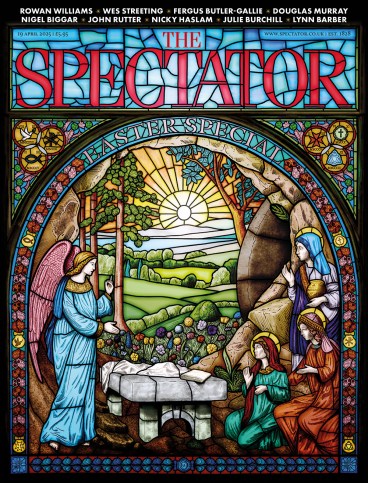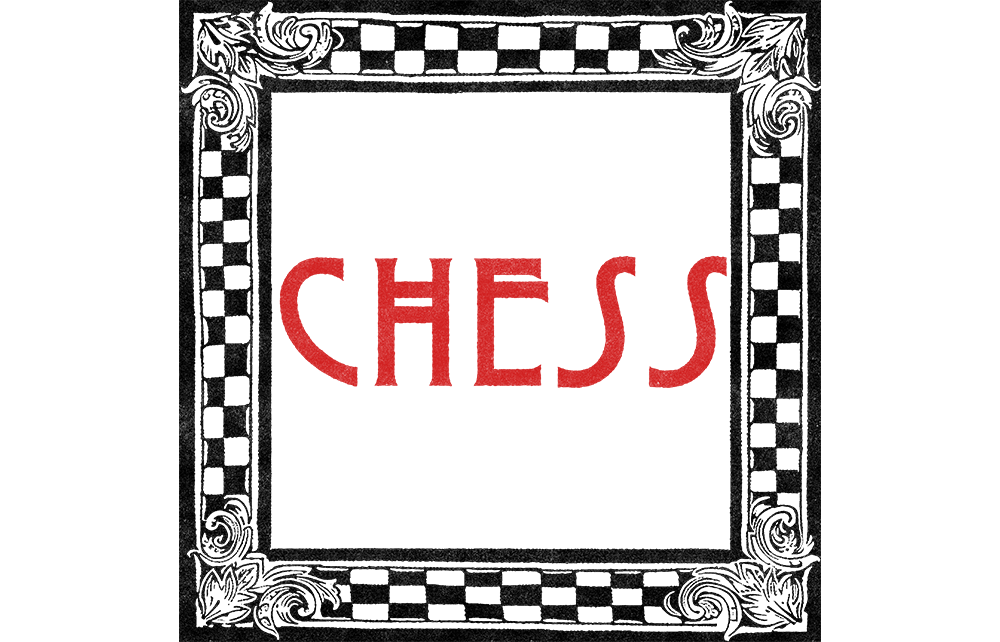
Good, but why now? Did they only just notice? Those were my thoughts when Bob Dylan won the Nobel Prize for Literature in 2016. I’m similarly pleased and bemused by the new BBC series Chess Masters: The Endgame. I recall evenings after school more than 30 years ago, watching the Kasparov-Short world championship match in London on TV. So hurrah for a new prime-time scheduling slot! But millions of people play chess. Did we really have to wait this long?
The real issue must be that finding a format to make chess look good on TV is hard. Partly that’s a self-fulfilling prophecy; with so few attempts, it’s impossible to learn what works. Do you want to inform, educate, or entertain? Take a look on YouTube for old episodes of The Master Game, which ran for eight series from 1976 to 1983. Unashamedly highbrow, it features real games between top grandmasters whose narrated commentaries were filmed afterwards. They describe complex variations with minimal visual aids for the viewer, and the entertainment, such as it is, is entirely organic. Yearning for those days is pointless; it is as anachronistic in 2025 as a rotary telephone.
You can see why Chess Masters has instead opted for the cosy familiarity of a Great British Bake Off elimination format, even to the point of having Sue Perkins as the presenter. And yet surely the charm of Bake Off lies in its contrasts. Watching mild-mannered folk pipe icing with murder in their eyes is funny. Chess players being competitive fails to strike the same chord.
Competitive they may be, but I wish the programme makers were a little more forthcoming about the participants’ abilities. It makes no sense to describe them as ‘the country’s most talented players’, when not a single one is a junior. Nor are they masters, but instead a deliberately diverse selection of keen amateur players, who are reasonably well matched against each other. Perhaps the level of chess is perfectly engaging for a lay audience. But it means that the co-hosts, grandmaster David Howell and Anthony Mathurin, a chess coach and former contestant on the reality TV show Traitors, must artificially elevate the drama of games which are mostly decided by elementary blunders. David is a superb commentator (and also my England teammate), who can distil the essence of any position for any audience. But this format affords him few opportunities to go beyond the most primitive level of instruction.
My favourite aspect is the creative use of chess puzzles to challenge the participants when they are not playing games against each other. One was based on a classic piece of research published by the Dutch psychologist Adriaan de Groot in 1946, which demonstrated that grandmasters have an exceptional ability to recognise patterns on the board. When shown a position from a real game, even for just a few seconds, they can reconstruct it with a high level of accuracy. Less skilled players fare much worse and, conversely, grandmasters show less of an advantage when recalling entirely random positions.
Chess Masters, light as choux pastry, did not trouble the viewers with that background, but it was a coup to get a video-link cameo from Magnus Carlsen, inviting the contestants to perform the same exercise with a position selected from one of his favourite games. That position, from a blitz game against Richard Rapport in 2022, is shown in the diagram, and the participants were given one minute to stare at it, followed by one minute to reconstruct it. Good luck!







Comments